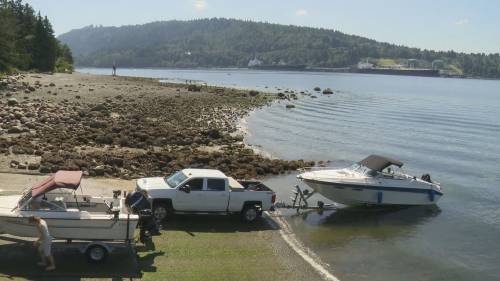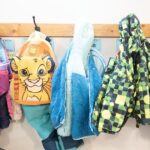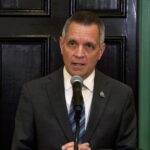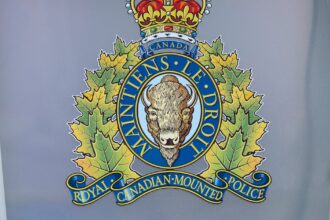In the wake of a devastating speedboat crash at Cates Park earlier this month, the Tsleil-Waututh Nation is taking proactive steps to enhance water safety in Burrard Inlet. The Indigenous community has proposed establishing a Water Guardian program—an initiative that could significantly transform how maritime activities are monitored and regulated in their traditional waters.
The collision, which occurred on August 3, left several people with serious injuries after a speedboat slammed into the Cates Park dock. This incident has exposed critical gaps in existing water safety protocols and prompted the Tsleil-Waututh Nation to advocate for more comprehensive oversight measures.
“What we’re proposing is a guardian program that would work in collaboration with existing authorities to ensure our waters remain safe for everyone,” explains Chief Jen Thomas of the Tsleil-Waututh Nation. “This isn’t just about enforcement—it’s about education, stewardship, and honoring our sacred responsibility to protect these waters that have sustained our people for thousands of years.”
The proposed Water Guardian program would train community members to monitor vessel speeds, educate boaters about responsible practices, and coordinate with local police and coast guard operations. According to preliminary plans obtained by CO24 News, guardians would patrol in dedicated vessels equipped with safety and communication equipment.
Port Moody Police have been investigating the Cates Park incident, which witnesses described as “completely preventable” had proper speed limits been observed. The crash has reignited conversations about jurisdiction and enforcement in coastal waters, particularly those adjacent to Indigenous territories.
Maritime law expert Dr. Marissa Chen from the University of British Columbia notes that such community-led initiatives represent an important evolution in coastal management. “What we’re seeing is a blend of traditional Indigenous stewardship principles with modern safety protocols. This type of collaborative approach often succeeds where conventional enforcement alone has struggled,” Chen told CO24 Canada News.
The Tsleil-Waututh proposal comes amid increasing concerns about recreational boating safety across British Columbia’s waterways. Transport Canada data indicates a 22% increase in boating incidents in the region over the past three years, with speed-related violations accounting for nearly half of all citations.
Funding for the program would come from multiple sources, including federal Indigenous guardianship grants, provincial safety initiatives, and community partnerships. The Tsleil-Waututh Nation has already secured preliminary commitments from several local marine businesses to support training and equipment needs.
“This isn’t just a Tsleil-Waututh issue—it’s about creating safer waters for everyone who uses the inlet,” says Gabriel Williams, the proposed program coordinator. “When someone operates a vessel dangerously, they put everyone at risk, regardless of background or community.”
Local officials have expressed tentative support for the initiative. North Vancouver District Mayor Mike Little acknowledged the proposal’s potential, noting that “collaborative approaches that respect Indigenous knowledge while enhancing public safety deserve serious consideration.”
As summer boating season continues, the question remains: will this Indigenous-led initiative become a model for how communities across Canada can reclaim responsibility for water safety while honoring traditional stewardship practices? For the families affected by the Cates Park incident, the answer can’t come soon enough.

























